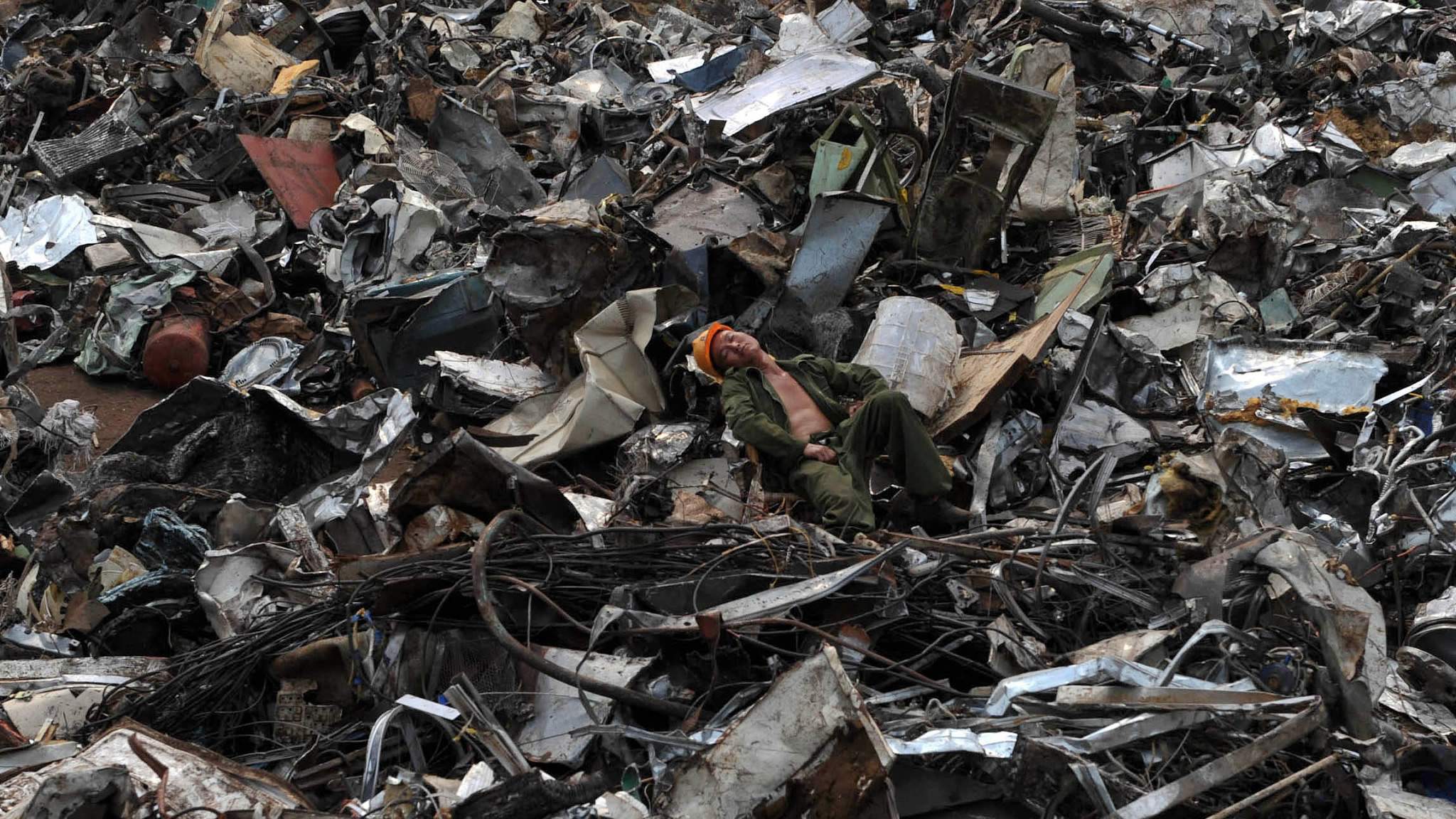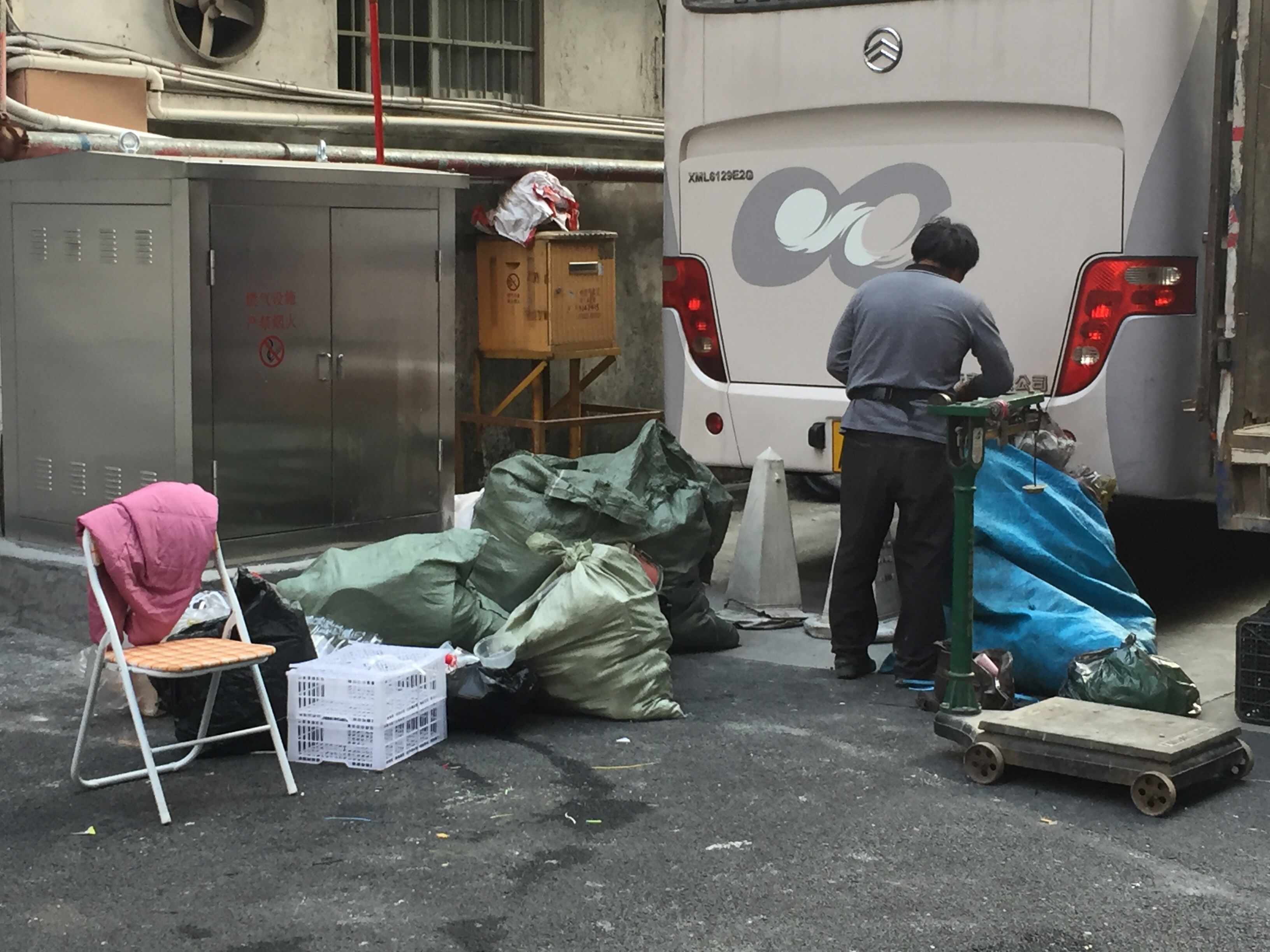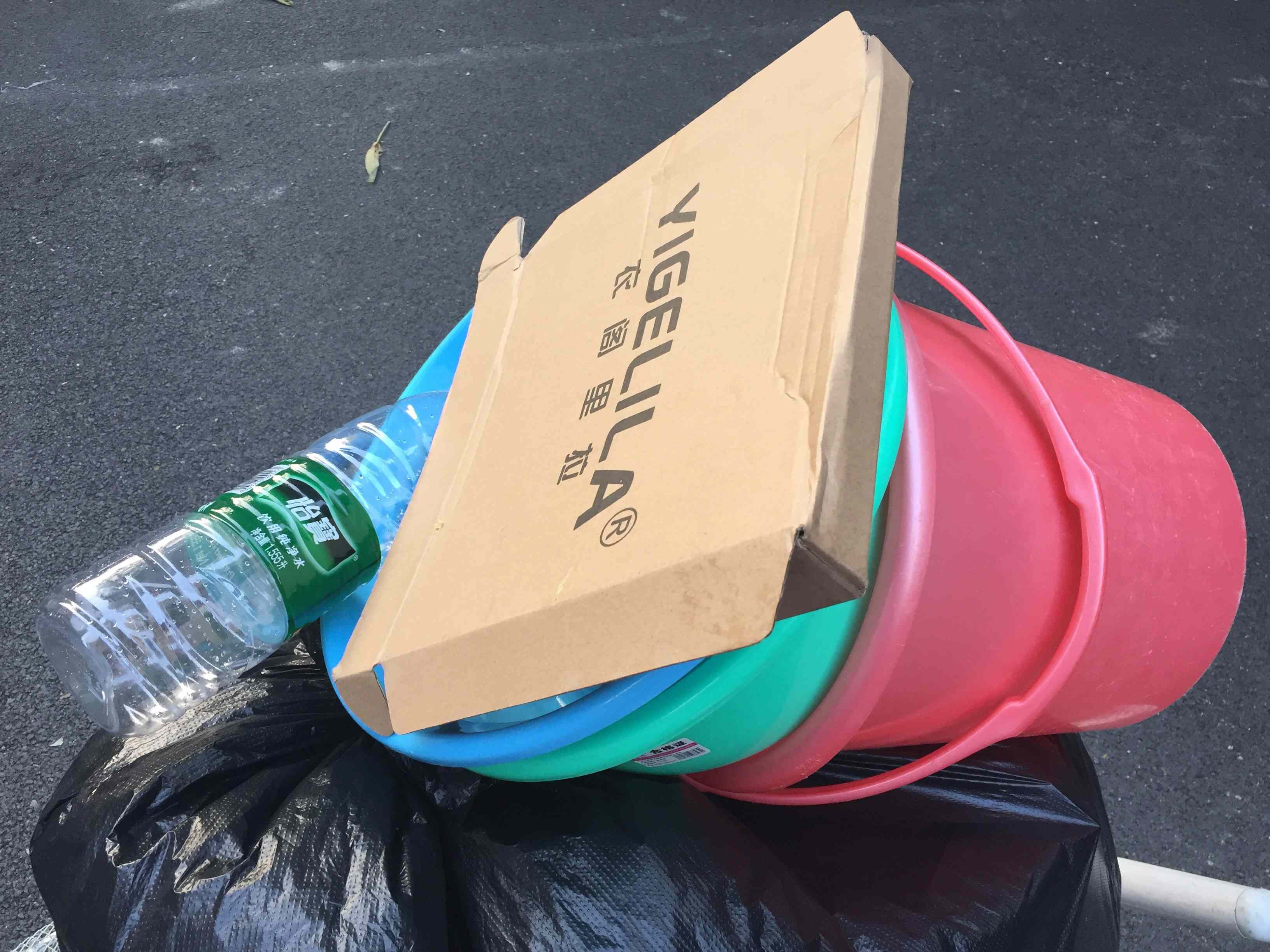
Tech & Sci
18:20, 19-Jan-2018
24 types of solid waste no longer being imported to China
By Mark Fontes

As of Jan. 1, 24 types of solid waste are no longer acceptable from outside countries, in accordance with a ban China announced to the World Trade Organization last July.
These waste products, mostly plastics, assorted paper types, slag from steelmaking and discarded textile materials are largely blamed for why China is running out of landfill space. Chinese officials say despite raking in well over 3 billion US dollars a year by importing foreign waste, the nation’s environment and the health of its people are higher priorities.

A worker in Guangzhou separates recyclable materials from garbage. /CGTN Photo
A worker in Guangzhou separates recyclable materials from garbage. /CGTN Photo
"The principal contradiction among Chinese people is between the growing desire of having a good life and the unbalanced development," said Lu Fenglin, director of the Solid Waste and Heavy Metal Management division at Guangzhou's Environmental Protection Department. "The large amount of imported solid waste jeopardizes people’s health. We need to follow the will of the people and put environmental protection on the agenda. We also do our best to protect our people."
In the past, some Chinese companies benefited from scrap metals and other salvageable materials found within solid waste. But with most of those companies now pursuing other industrial production options, experts say the ban carries a minimal ripple effect in this regard.
"Recycling companies in Guangdong are actively seeking ways to transform and upgrade," said Lu. "From building recycling factories abroad to relying on domestic waste to accomplish what they need to here, they are finding solutions."

Domestic plastic and cardboard, according to experts, will be enough for China's industrial production. /CGTN Photo
Domestic plastic and cardboard, according to experts, will be enough for China's industrial production. /CGTN Photo
The US and UK – two of the biggest exporters of solid waste – are left seeking other destinations for their waste. Jim Fish, CEO of Waste Management Inc. in the US said he’s not concerned about the ban.
"This ban is expected to have a minimal impact," said Fish. "I'm proud to say that our customers' materials are being processed, and not warehoused nor landfilled as a result of this disruption."
Anyone found in violation of China's new ban faces fines, and/or no less than five years in prison.

SITEMAP
Copyright © 2018 CGTN. Beijing ICP prepared NO.16065310-3
Copyright © 2018 CGTN. Beijing ICP prepared NO.16065310-3